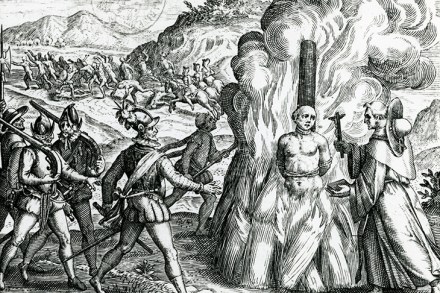The power behind The Few: Rolls-Royce’s Merlin engine
Eighty years ago this summer Britain was facing its greatest moment of peril as Göring’s Luftwaffe attacked airfields, cities and convoys in a prelude to invasion. Nazi plans for us included all able-bodied men being sent to slave labour camps on the Continent. Thanks to the bravery of the RAF and the brilliance of their




















